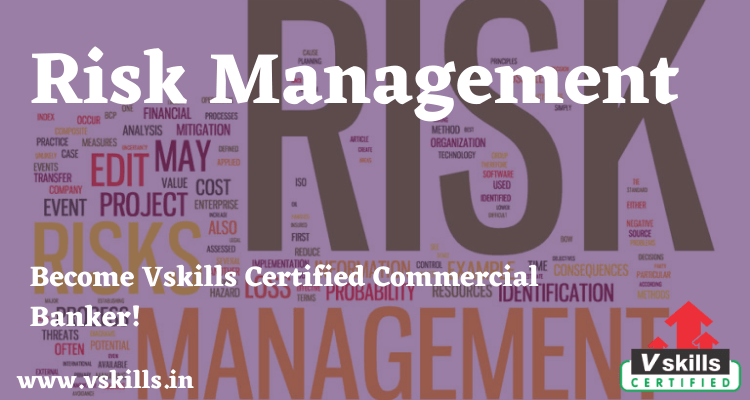Risk management includes the identification, interpretation, and answer to risk factors that form a portion of the development of a business. Effective management implies striving to control, as much as possible, future results by acting proactively rather than reactively. Therefore, effective risk management suggests the potential to decrease both the probability of a risk transpiring and its potential impact. Management arrangements are tailored to do more than just point out surviving risks. A good management construction should also determine the uncertainties and foretell their influence on a business. Consequently, the result is a choice between accepting risks or denying them. Approval or rejection of risks is reliant on the endurance levels that a business has previously defined for itself.
Management occurs everywhere in the realm of finance. It occurs when an investor buys U.S. Treasury bonds over corporate bonds, when a fund manager hedges his currency exposure with currency derivatives, and when a bank performs a credit check on an individual before issuing a personal line of credit.
If a corporation values up management as a disciplined and constant process for the determination of identifying and fixing risks, then the management structures can be utilized to assist other risk mitigation methods. They involve planning, organization, cost administration, and budgeting. In such a case, the business will not normally experience many surprises, because the center is on proactive risk management.
Other important benefits of risk management include:
- Creates a safe and secure work environment for all staff and customers.
- Increases the stability of business operations while also decreasing legal liability.
- Provides protection from events that are detrimental to both the company and the environment.
- Protects all involved people and assets from potential harm.
- Helps establish the organization’s insurance needs in order to save on unnecessary premiums.
Apply for Commercial Banker Certification Now!!
http://www.vskills.in/certification/Certified-Commercial-Banker

